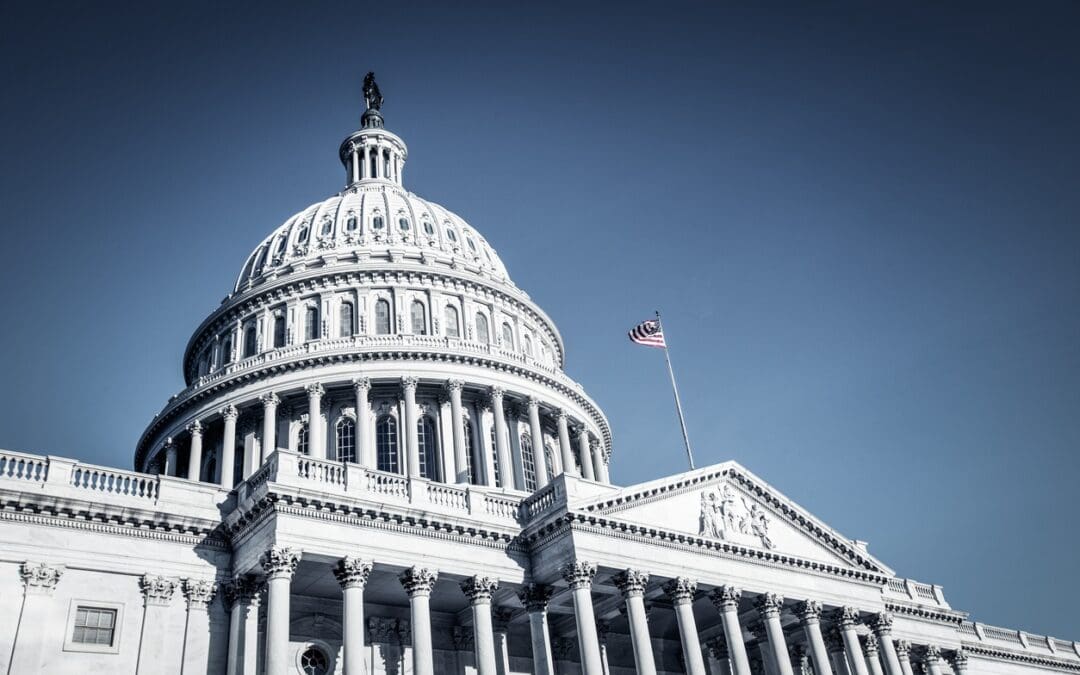Earlier this week, the U.S. Senate failed to pass either of two bills that would help protect unborn children from the horrors of abortion.
The first bill, titled the “Pain-Capable Unborn Child Protection Act,” would prohibit most abortions after twenty weeks of gestation””the point at which several studies show preborn babies are capable of feeling pain.
The second bill, titled the “Born-Alive Abortion Survivors Protection Act” would have required the transfer of infants who survive abortions to a nearby hospital where they could receive appropriate neonatal care.
Both proposals needed 60 votes to escape filibuster and move on to receive a final vote to pass the senate. The “Pain-Capable” act fell seven votes short, while the “Born-Alive” act fell four votes short.
Senator Tom Cotton of Arkansas poignantly challenged how anyone could conceivably disagree with the parameters of these two bills. He asked anyone who denied the science behind fetal pain to visit a NICU at a hospital and watch the babies respond to being poked and prodded.
Another Senator, Steve Daines of Montana, founder of the Senate’s first pro-life caucus, asked his colleagues the following: “The next bill . . . the Born-Alive Abortion Survivors Protection Act . . . mandates that if a baby is born alive following a botched abortion, the doctor must protect that baby and give the same medical care that any other baby would receive. Is that too much to ask for?”
For many in our Senate, it appears that it is. For these officials, a mother’s power over the life and death of her baby extends past the point of birth. This begs the question, at what point does this power end? If not birth, is it at the baby’s first birthday? Their second? If a mother decided moments after delivery that she should have chosen abortion, does she have the right to “terminate” her baby? If not, why not?
These are questions I doubt any of these senators would answer. It’s hard to be logically consistent when it means defending a woman’s “right” to stop the beating heart of her newborn baby.
Yet, here we are.
As we continue to promote abundant life, let’s pray that God will open the eyes of our leaders to see the grave atrocity involved in not upholding and protecting these basic human rights through legislation. Let us not waver in our advocacy and prayerful intercession for the precious lives at risk in the womb and, increasingly, in the delivery room as well.

